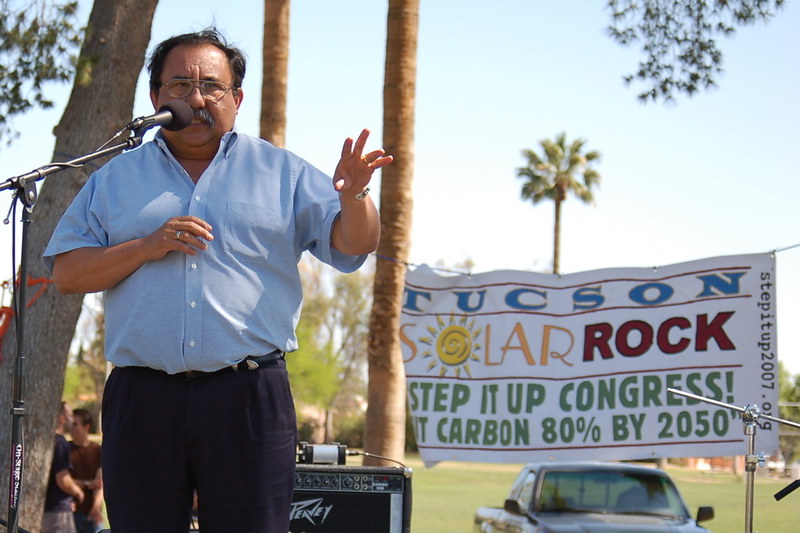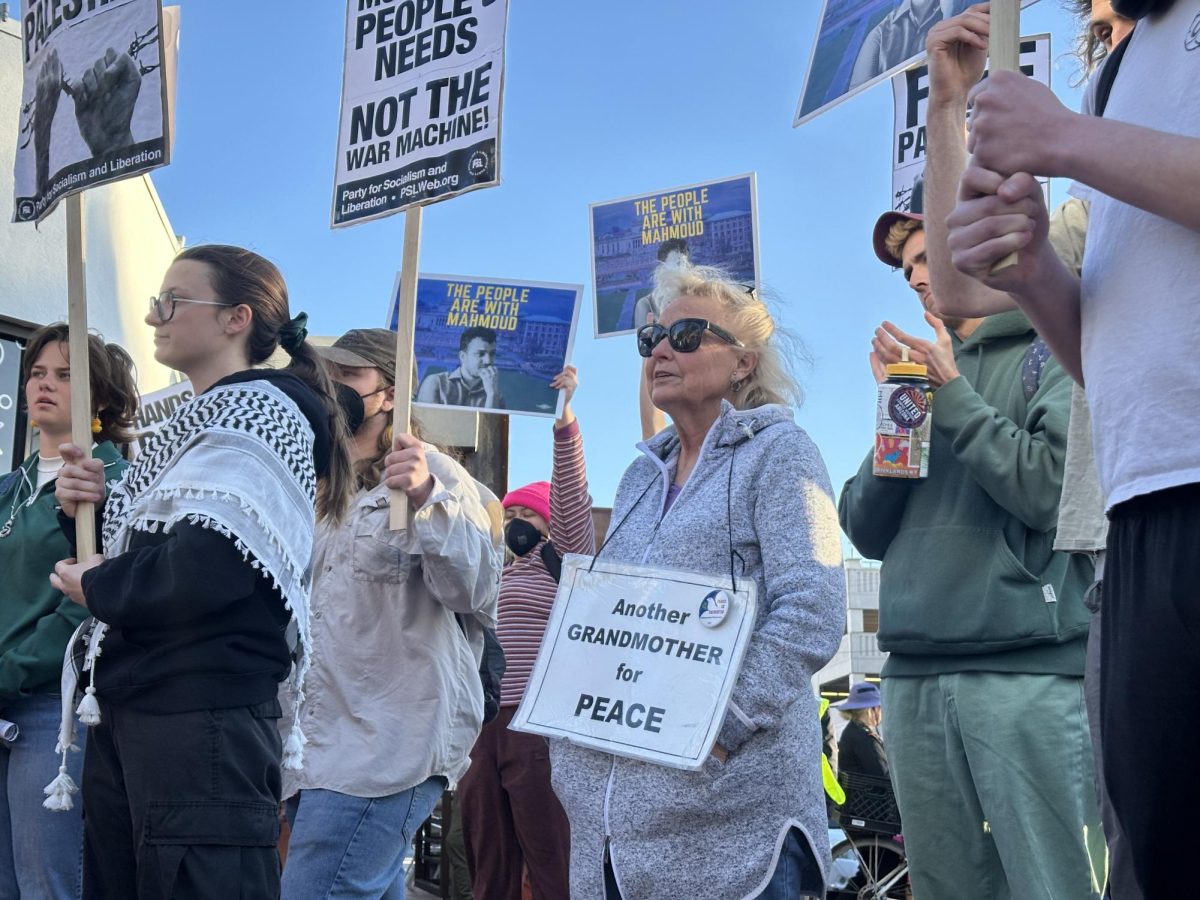Two UA students hope to make a change through their new website centered around women’s empowerment.
Idara Ekpoh, a physiology senior, and Raissa Formelu, an epidemiology graduate student, together created woomanhood.com, in order to create a space where women can be inspired by other women and learn to appreciate each other.
They wanted to create a space where women from different socioeconomic statuses, ethnic groups and political ideologies could feel free to express their personal perspectives.
The women brainstormed the idea for the site last October, and their brainchild came to fruition in mid-November 2015. Since the beginning of February 2016, the two have counted over 5,000 views to their site.
Ekpoh, a first generation Nigerian-American and Formelu, a first generation Cameroonian-American, experienced the differing culture of their roots mixed with that of the U.S., which was one component that drove them to create the site.
“In terms of West African culture, it’s very male dominated,” Formelu said. “For me, I come from a family that is West African, but my parents are also divorced. … So, my perspective of what a woman is, from when I was growing up to where it is right now, has shifted because of things that have happened along the way.”
Even within the U.S., both Ekpoh and Formelu see problems that can be fixed. Ekpoh strongly believes that limitations for women are not exclusive to traditionally founded countries, and that they are very alive in the Western world.
“America is not immune to gender discrimination,” Formelu said. “The extremity of the problems are obviously not as big, but there are problems.”
Ekpoh added that everyone’s situation is unique, and gender discrimination may be a problem that one faces, while another may not.
“People say, ‘oh you live in this area, you shouldn’t have these issues.’ Those kinds of comments upset me because you do not know what kind of situations people are in, where they come from and what they deal with on the daily,” Ekpoh said.
The women have noticed that young girls experience pressure to grow up and pretend to be someone other than themselves.
“There’s a push to grow up faster,” Formelu said. “Childhood is such a crucial part of becoming a woman.”
Ekpoh thinks that girls are taught at a young age to strive for the attention of others.
“A lot of what it is, is thinking that you need to be a specific kind of way, for specific people,” Ekpoh said.
A goal of their site is to acknowledge and appreciate the unique nature of every woman’s experience and background.
On the site, a user can browse a section that features women that have inspired the founders, including some from the UA campus, and users are now able to provide posts for the website as contributors.
Formelu and Ekpoh wanted to promote empowerment for all women, but also have a focus on black women and women of color.
The duo started a three-part video series called “Black Herstory.” The founders made the video series in order to shed light on the black female figures in history, to further explain that black women and women of color are capable of change and to break negative connotations associated with these women.
“When you identify as a minority and as a woman, those are two groups that are already being oppressed,” Ekpoh said. “When you’re a minority woman … you have to work so much harder just to prove that you are not one of the negative stereotypes.”
Both founders are proud to call their site all-inclusive. Ekpoh and Formelu strive for the online forum to be a place for women of all ethnic groups and experiences to share what it means to be a woman.
“We were really inspired to try and create a space that, no matter what your background is, you can come and think about whatever it is that pertains to your womanhood … and becoming the woman you want to be,” Ekpoh said.
Follow Lauren on Twitter







